- Weekly Highlights from Arakan State (Jan 26 to Feb 1, 2026)
- Arakanese youth stabbed in Mae Sot urgently needs financial aid for medical treatment
- Five years on Myanmar faces uncertain military and political outlook after coup
- Myanmar Navy detains Pauktaw fishermen and demands ransom
- Junta Airstrikes on Arakan and the Consequences for Independent Media
Arakan State IDPs hold off on return, for now, in wake of latest ceasefire
Despite the latest ceasefire between the Myanmar military and Arakan Army (AA), displaced people say they dare not return to their homes for the time being.
29 Nov 2022
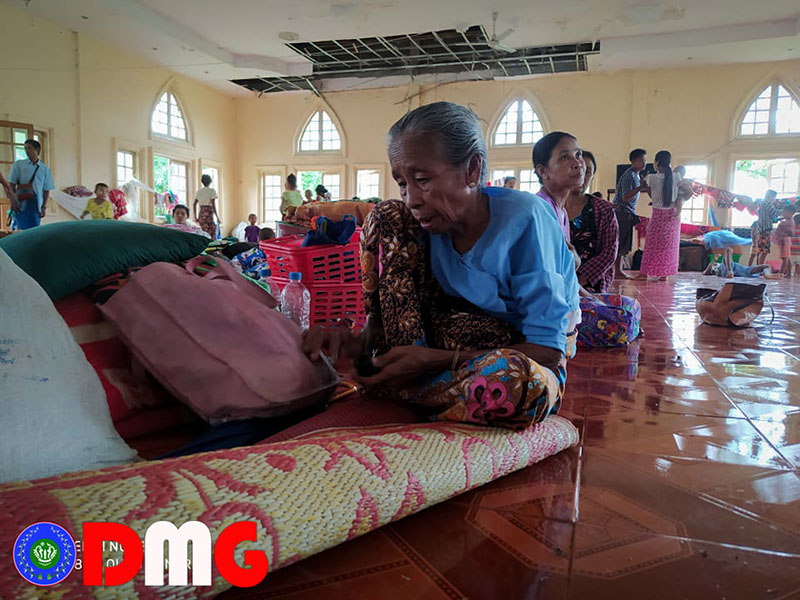
DMG Newsroom
29 November 2022, Sittwe
Despite the latest ceasefire between the Myanmar military and Arakan Army (AA), displaced people say they dare not return to their homes for the time being.
The military and AA agreed to an informal ceasefire on Saturday, following months of renewed hostilities that began earnestly in August.
The ceasefire was reached on humanitarian grounds, in order to ease the “appalling hardship” facing Arakan State residents who have been suffering from junta travel restrictions and other challenges related to the conflict, AA spokesman U Khaing Thukha said at a press briefing on Monday.
Displaced villager Ma Htay Htay from Baungdwet Village in Mrauk-U Township said she dares not return home for now because Myanmar military troops are deployed near her village.
“There are Battalion Nos. 377 and 378 near our village. We fled our homes because they fired shots in the village. We dare not return home as long as they remain there. Unless there is a guarantee that there won’t be fresh fighting, and Myanmar military soldiers won’t raid our village, we won’t go back,” she said.
More than 1,000 displaced residents of several villages are currently taking shelter at Mya Tazaung displacement camp in Mrauk-U town. Displaced people taking shelter in Rathedaung town, meanwhile, are also largely not returning to their villages, with only some going back to reap their crops.
“No one can guarantee that here won’t be fighting again,” said Ma Oo Mya Yi, manager of the Myo Lel Chaung displacement camp in Rathedaung. “So, only some people have returned to harvest their paddy fields during the ceasefire. It is impossible for them to return home along with their families.”
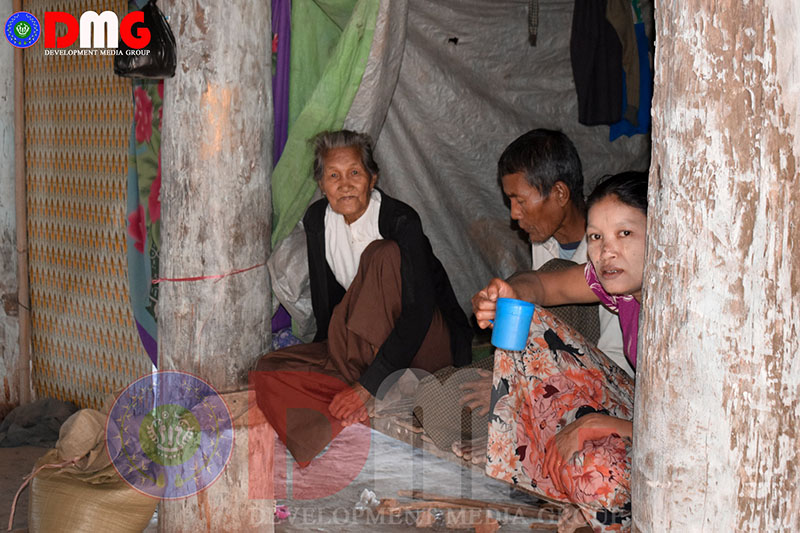
Displaced people from the Yeephyu displacement camp in Ponnagyun Township said they dare not return to their villages at the moment for fear that fighting might break out again.
One displaced resident from Kyaukseik Village in Ponnagyun Township: “We fled out of fear after Battalion 550 fired mortar shells into our village for no reason. No one knows when the fighting will erupt again. What are we supposed to do if the fighting breaks out after we return to the village? We have families and children. We are concerned.”
More than 3,400 people are taking shelter at the Nyaungchaung displacement camp in Kyauktaw, and none of them has so far returned home, said camp manager Ko Than Aye.
“Because they have no home to return to,” he explained. “Almost all the people staying here are from Tinma and Pyaingtaing villages, which were entirely torched [in past fighting circa 2018-20]. So no one living here can return to their homes, even if there is no fighting.”
Arakan State’s long-term displaced populations have called for reconstructing their homes, many of which were destroyed by artillery strikes and arson attacks during the previous fighting. Effective landmine clearance is also a non-negotiable condition for many IDPs before they would consider a return home.
Most displacement camp inhabitants struggle to make ends meet, with little or no humanitarian assistance from donors being provided currently.
Adding to hesitant would-be returnees’ sentiment, AA spokesman U Khaing Thukha said at the press briefing on Monday that fighting could break out again at any time.
More than 90,000 Arakan State people — including those displaced by previous fighting from late 2018 to November 2020 — are in displacement camps as a result of military-AA hostilities, according to the United Nations Office for the Coordination of Humanitarian Affairs (UNHCR).





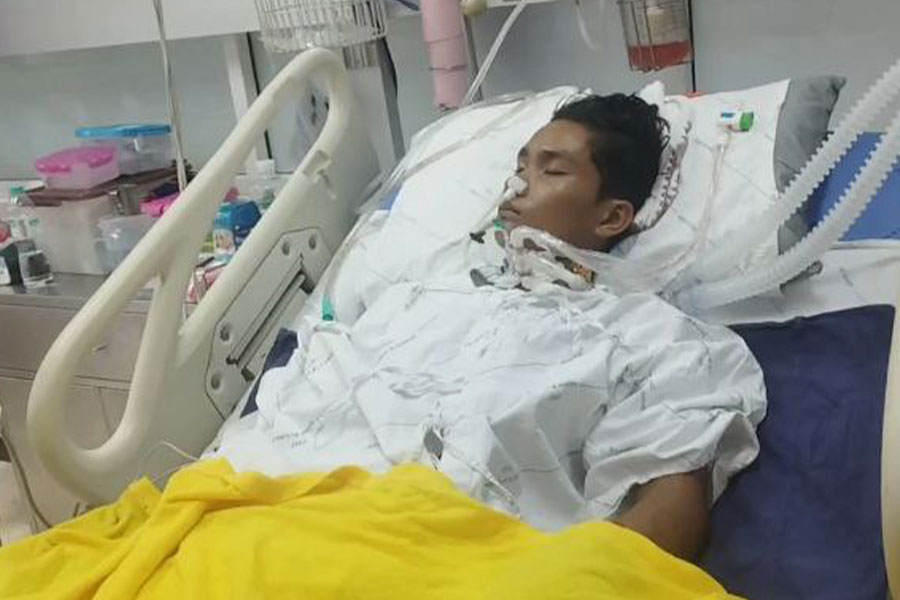
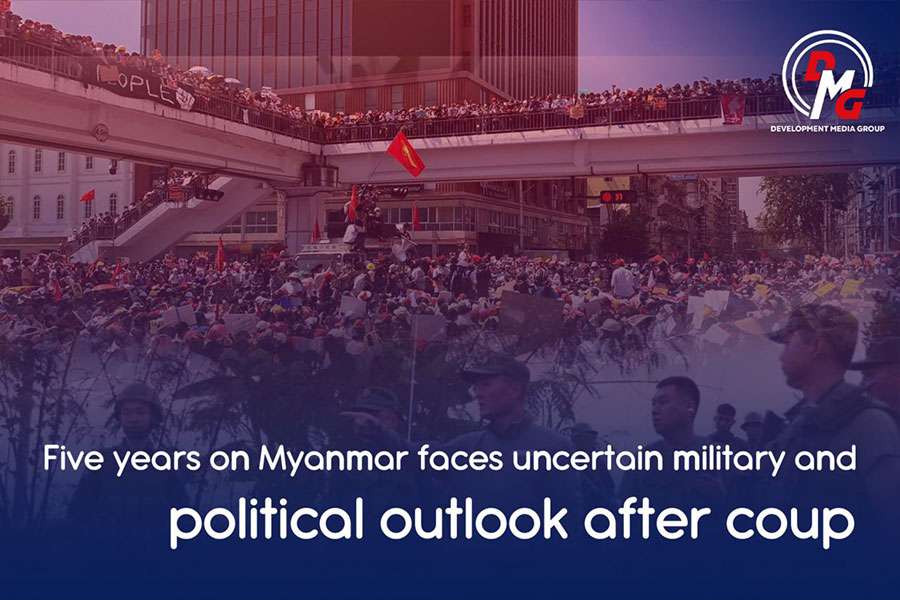
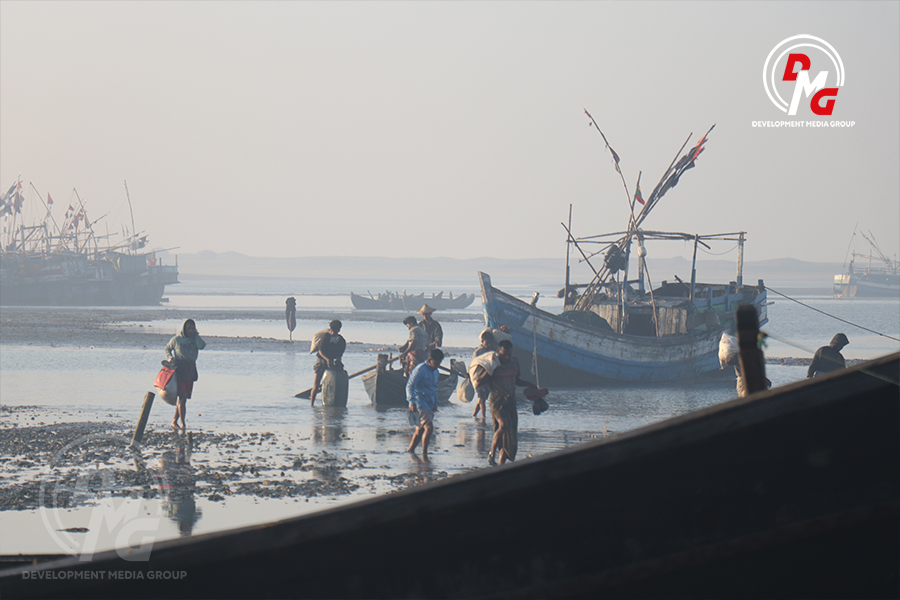
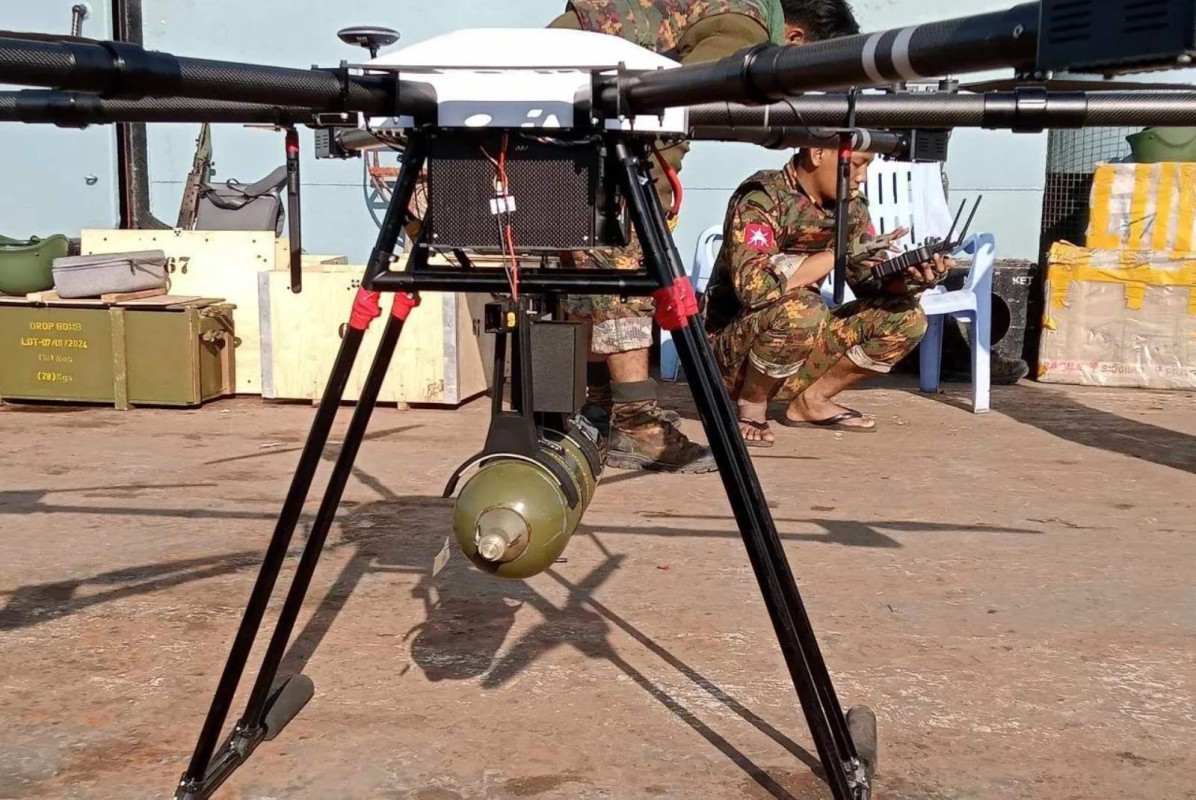






.jpg)

